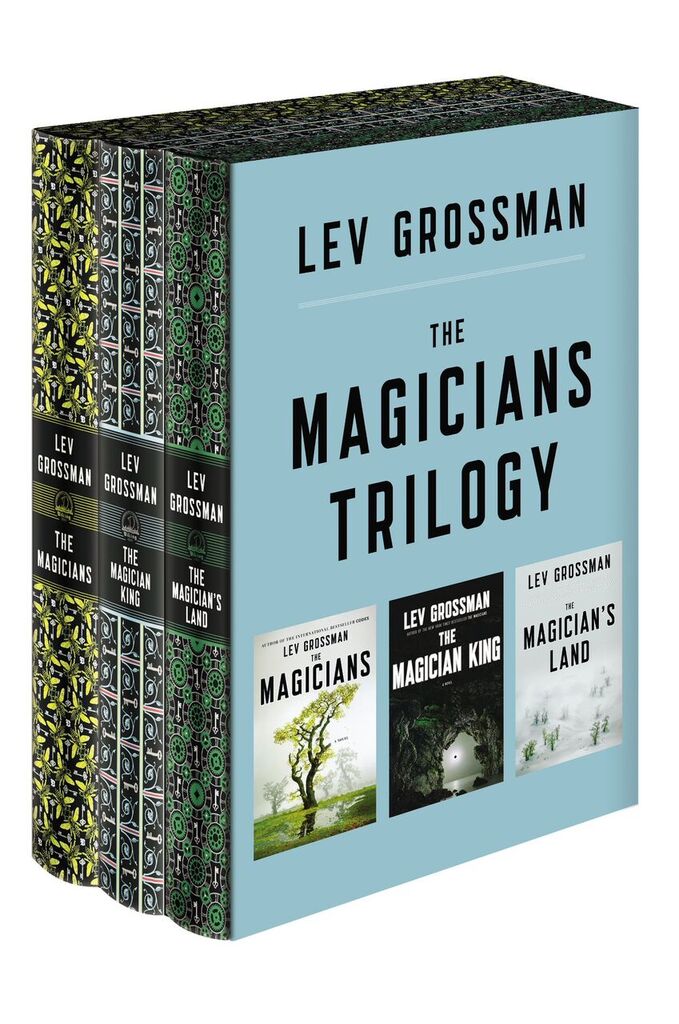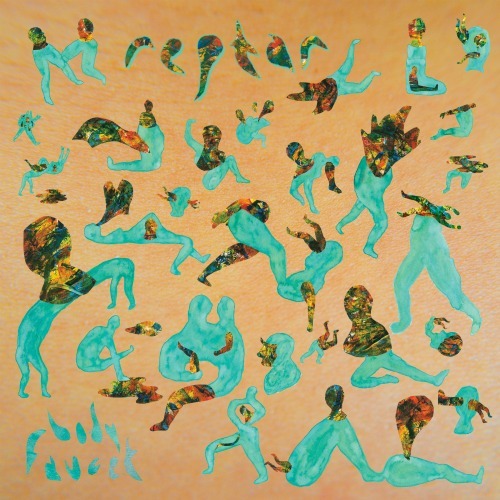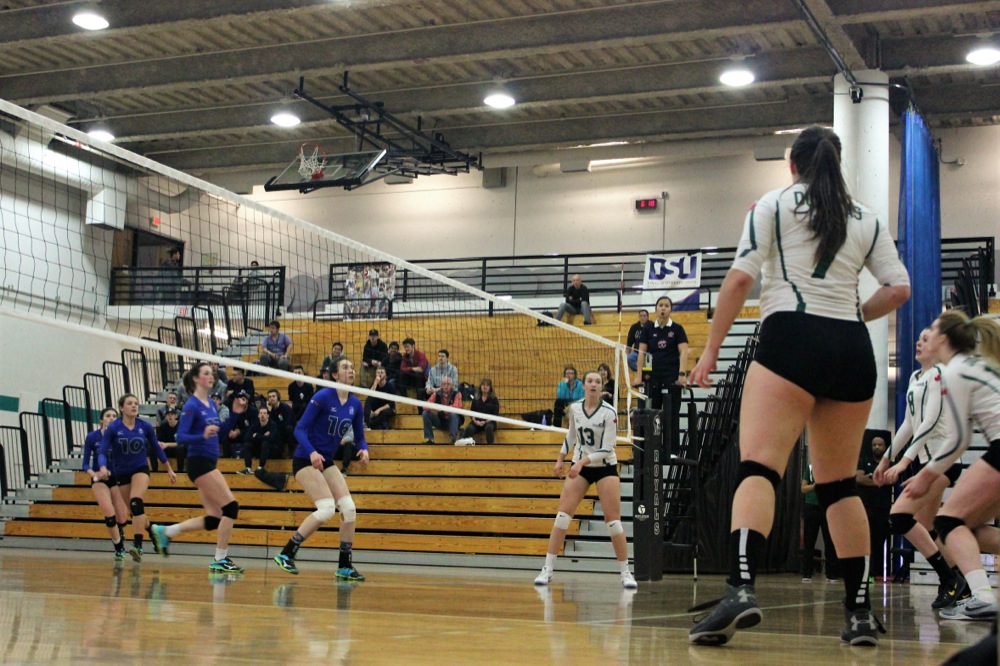
College life and academia in fantasy literature
By Caroline Ho, Arts Editor
Wouldn’t dragging yourself to class in the morning be much more appealing with a dash of magic?
Sadly, Douglas College doesn’t offer Transfiguration, Advanced Spellcasting, or anything nearly so fantastic. But if you can’t attend a school for magic, the next best thing is finding a good novel or series that takes on the premise.
Magic school can be a great way for an author to introduce the mechanics of their world. Education built into a storyline is a natural way to teach both reader and character how the world operates without tacking on long-winded expositions or appendices. However, the trope runs the risk of being too convenient a setup for character progression, which can come across as lazy writing if an author relies too heavily on the school setting to drive plot and character growth.
Luckily, fantasy literature has plenty of well-handled magical academies, and despite what Harry Potter might have you think, they aren’t all inherently targeted to kids or young adult audiences. The start of the school year is the perfect time to pull out a school-based novel for the long commute, such as one of the following.
The Magicians Trilogy, by Lev Grossman
Probably the quintessential series about magical college. I’ve heard the first book, The Magicians (2009), described in passing as an adult version of Harry Potter with booze and sex, but it’s so much more. Like Harry Potter, Lev Grossman’s trilogy features a secret world of magicians who live alongside ordinary folk on Earth, and a school these magicians are unexpectedly invited to, but that’s the extent of the similarities. The first novel introduces us to the prestigious Brakebills College for Magical Pedagogy, where brilliant students learn magic that requires incredibly complex mathematical understanding.
The Magicians Trilogy deals with some very relatable issues of depression, college partying life hedonism, and the usefulness of academic pursuits, as well as diving profoundly into the idea of escapism in fantasy. The story is at times sardonic, adventurous, horrifying, humorous, heartbreaking, and uncomfortably sympathetic. The series has also been adapted into a fairly well-received TV show on Syfy, with two seasons so far and a third one set to air next year.
Lightbringer Series, by Brent Weeks
Minor spoilers because this series gets more into the actual academy-based schooling in later books, although we do find out how magic works early in the first volume (2010’s The Black Prism). In the Lightbringer series, Brent Weeks employs a hard-magic system: Magic that follows clearly-defined rules and laws. Chromaturgy is used by magicians known as Drafters who are able to turn light into a physical substance called Luxin, with different colours of Luxin having different properties such as elasticity and durability. The practice of magic and the general governance of the world are controlled by a ruling body called the Chromeria, which also functions as the only official school for Drafters.
Lightbringer presents a fantastic spin on the legitimacy of having one central organization in charge of all education. In addition, the series contains political intrigue and dissent by those against the Chromeria’s regime, complex family dynamics, realistically awkward romance between believably flawed characters, and a lot of badass magical combat. This five-book series has four volumes out so far, and the final book, The Burning White, is expected to be published in 2018.
Jonathan Strange & Mr. Norrell, by Susanna Clarke
This standalone novel doesn’t exactly involve a school, but it does involve magical scholarships and magic as an academic profession. Jonathan Strange & Mr. Norrell (2004) takes place in an alternate version of Napoleonic Era England where magic has basically become a thing of the past, studied and theorized by elite and exclusive academics but never practiced, until the titular characters come along. The magical education in this book primarily consists of book learning and a compelling master-student relationship between Strange and Norrell.
Author Susanna Clarke masterfully transposes the best and the worst aspects of academia into a magical context: The reliance on established research by name-dropped authorities; theoretical debates and publishing rivalries between academics; the passion for the subject of those within the discipline, and the inscrutability to those on the outside. The novel also adds a lot of flavour through footnotes, which are written and formatted exactly like an academic paper, including properly formatted citation, though with considerably more mention of Faeries than your average peer-reviewed article. The novel was also adapted into a BBC miniseries in 2015.


